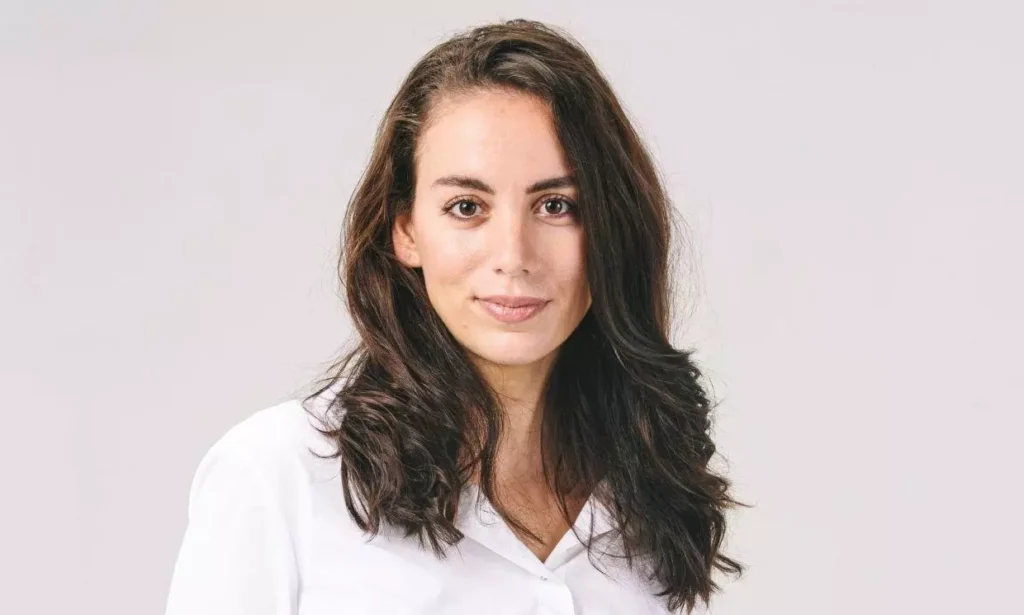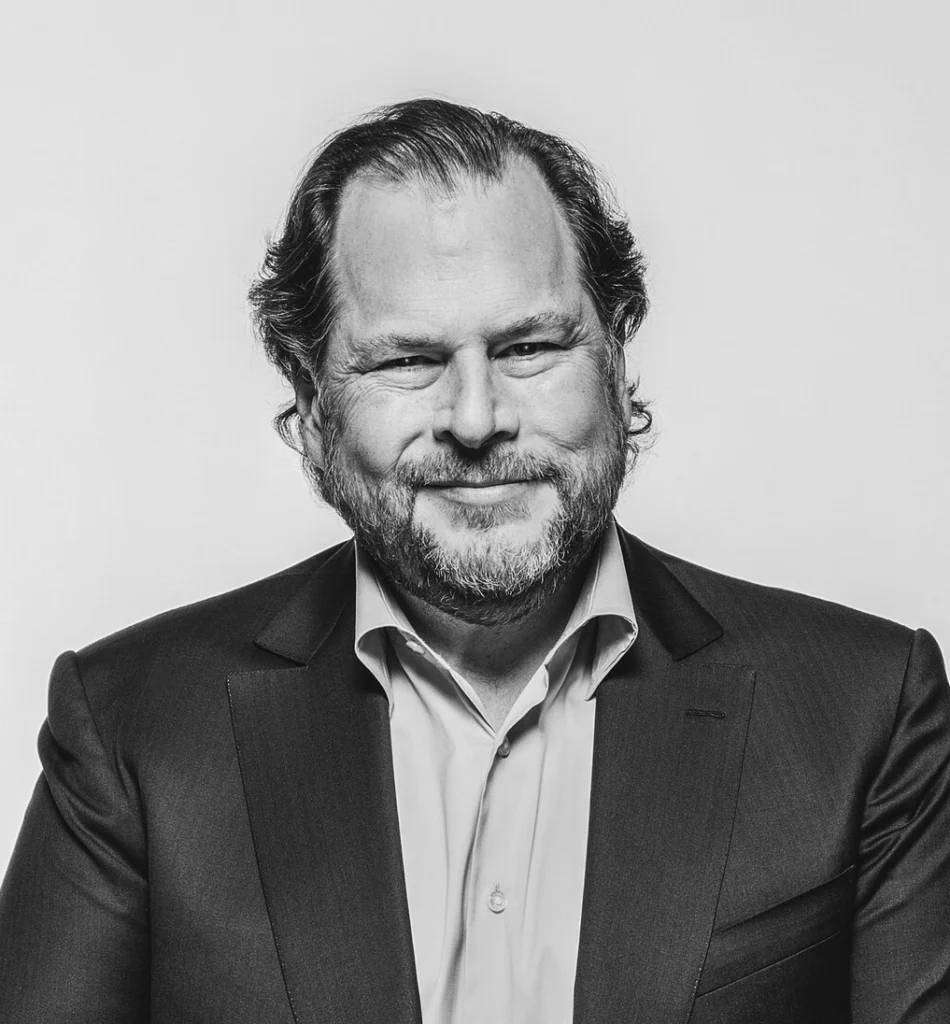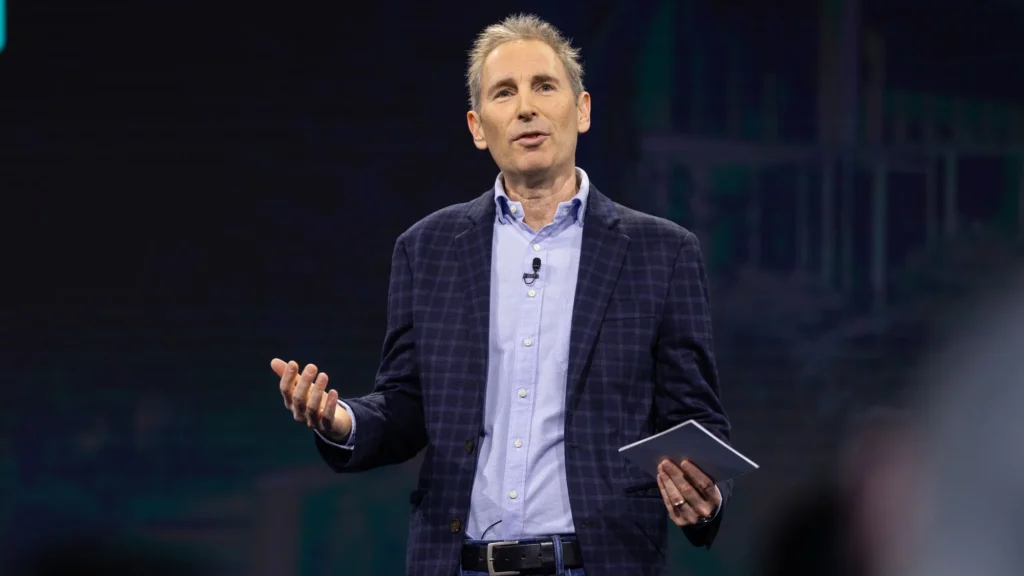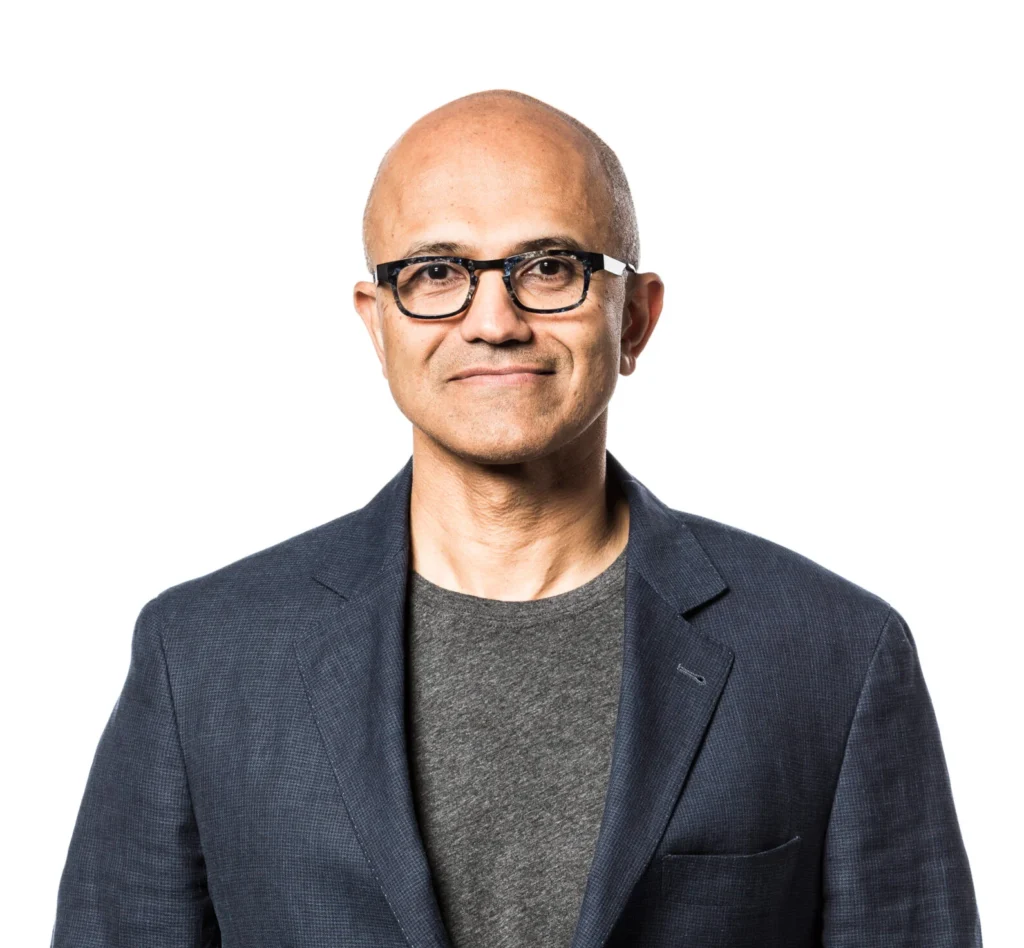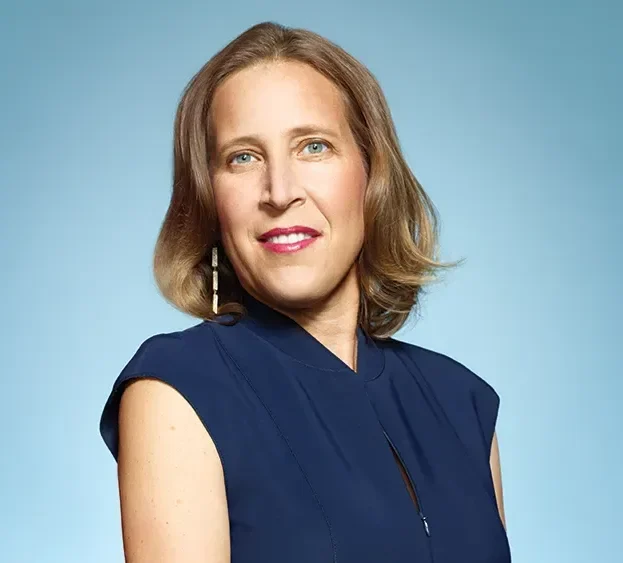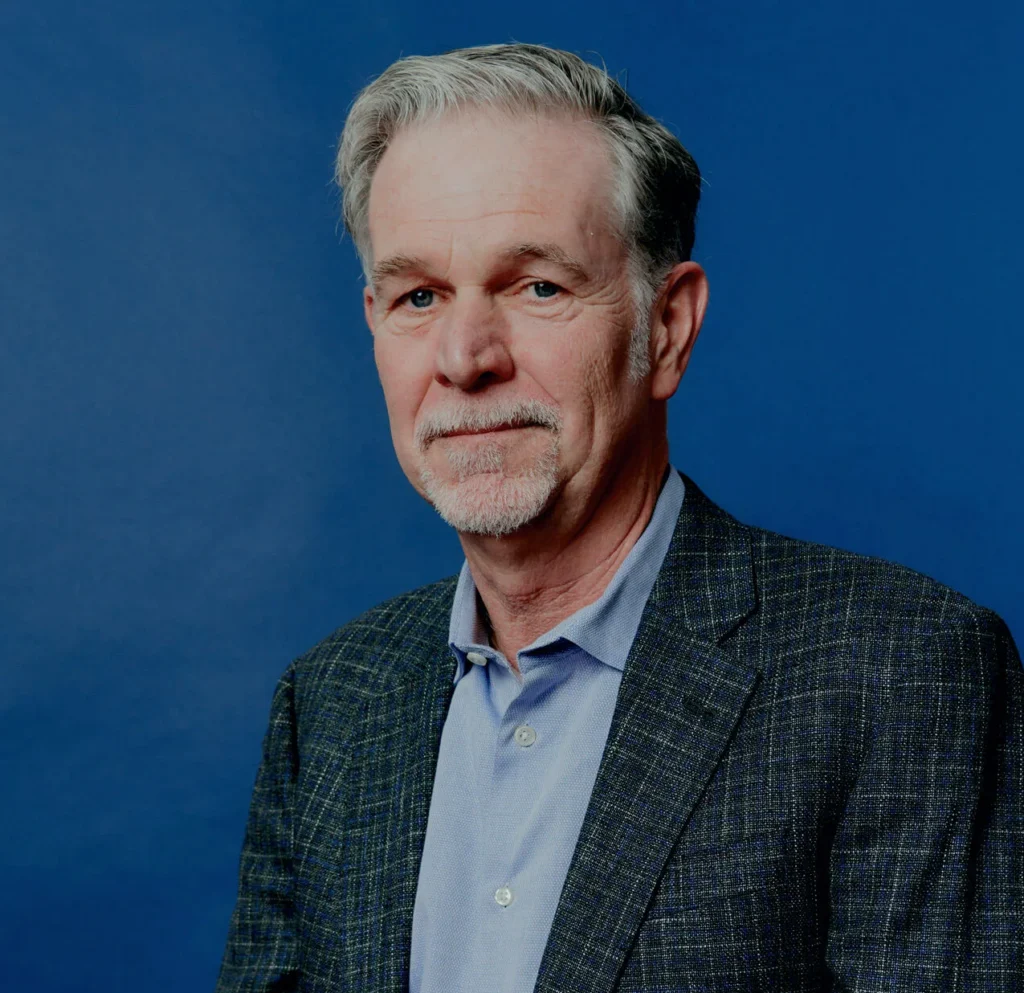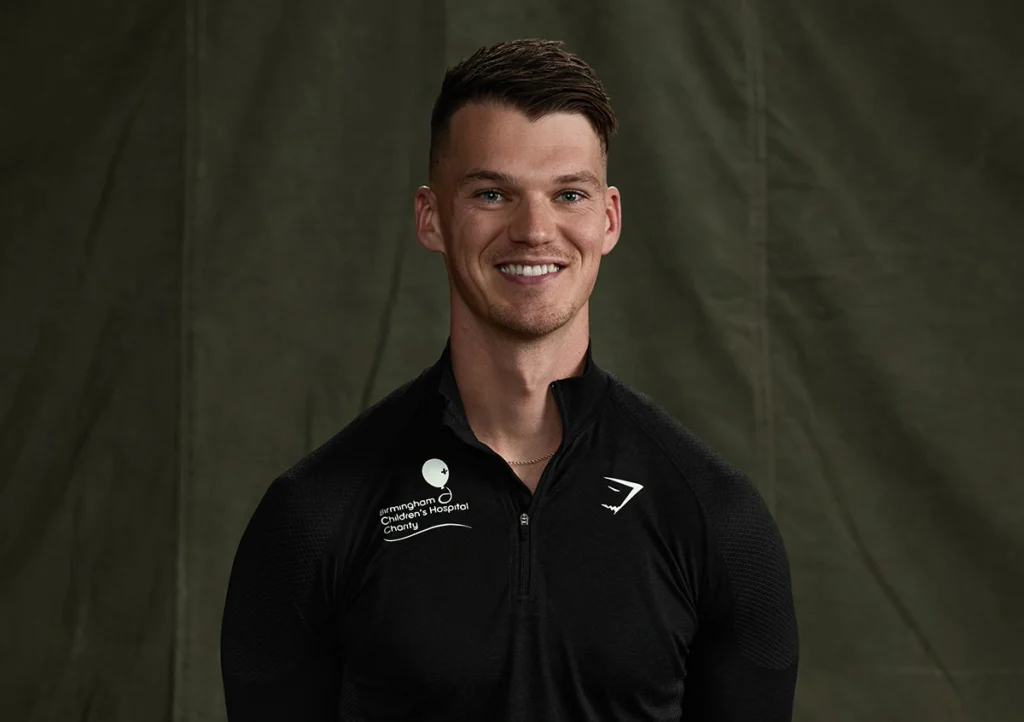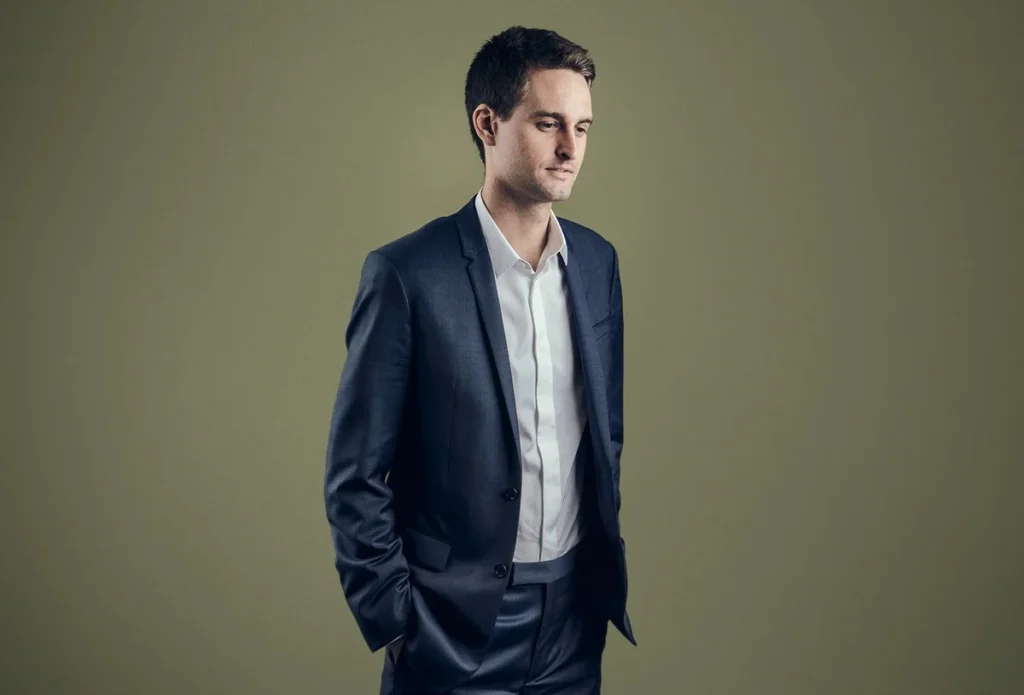From Vlorë to Silicon Valley, The Global Vision & Determined Ascent of Mira Murati
From Vlorë to Silicon Valley, The Global Vision & Determined Ascent of Mira Murati By Michelle Clark Mira Murati, a figure whose professional trajectory has placed her at the very nexus of global technological transformation, embodies a unique blend of Albanian grit, interdisciplinary academic rigour, and a steadfast focus on the ethical deployment of artificial intelligence. As a key executive who has shaped some of the most visible AI products in the world, her story is as much about the technology she has championed as it is about the cultural roots and intellectual curiosity that shaped her path. Born in Vlorë, Albania, in 1988, Murati’s earliest years were spent in a nation undergoing a profound shift, transitioning from a totalitarian communist system. She has spoken candidly about this environment, noting that the isolation of the time, the sheer lack of external distractions, fostered in her a singular and powerful motivation: a hunger for knowledge. In a place where books and pure scientific thought offered one of the only reliable constants, she naturally gravitated towards the objective truths of mathematics and science, fields that felt steady and knowable amidst pervasive political uncertainty. This early intellectual passion led her to excel, participating in numerous math Olympiads and competitions, a clear sign of a formidable intellect at work. This commitment to scholarship provided the bridge to a wider world. At the age of sixteen, Murati won a prestigious scholarship to attend Pearson United World College on Vancouver Island, Canada, a place that dramatically expanded her perspective. The United World Colleges movement, which aims to make education a force to unite people, provided a perfect environment for her global curiosity to flourish. This pivotal move was the first step in her journey from a single, closed culture to a genuinely multinational existence, instilling in her a broad worldview that would prove vital in a technology field that operates without borders. Her formal education in the United States cemented her interdisciplinary approach. She pursued a dual-degree programme, achieving a Bachelor of Arts from Colby College and a Bachelor of Engineering in mechanical engineering from Dartmouth College. This deliberate fusion of a liberal arts education, which encourages critical thinking, policy consideration, and ethical debate, with the practical, problem-solving skills of engineering, is a hallmark of her career. For Murati, the humanities provided the crucial context for the powerful tools she would later learn to build. The combination suggested a thinker who sought not only to build the future but to understand its potential human consequences. Leading the Development of ChatGPT, DALL-E, and Sora Her professional experience before joining the AI boom was varied and instrumental. She worked briefly in finance and aerospace before finding a more significant challenge at Tesla. As a product manager on the Model X, she was involved in a company culture that relentlessly pushed the boundaries of what was technologically possible. It was here, witnessing the early stages of Autopilot and machine learning applications in the automotive sector, that her interest in artificial intelligence was truly ignited. This work under extreme pressure, where innovation was the daily standard, prepared her for the fast-moving, high-stakes environment she would later enter. A subsequent role at Leap Motion, an augmented reality firm, deepened her understanding of human-computer interaction, further shaping her conviction that a new form of intelligence would fundamentally redefine the human experience. In 2018, Murati joined OpenAI, then a relatively small research laboratory, believing completely in its ambitious mission to develop general artificial intelligence to benefit humanity. This role proved to be the platform for her most significant achievements. Quickly rising through the ranks, she ultimately became the Chief Technology Officer, a position of enormous influence where she was responsible for steering the company’s entire research, product, and safety teams. Under her technical leadership, OpenAI launched a series of products that brought artificial intelligence into the mainstream public consciousness. She oversaw the development and deployment of ChatGPT, the conversational tool that showcased the power of large language models; DALL-E, the generative image system that demonstrated AI’s capacity for artistic creation; and the groundbreaking video generation model, Sora. These achievements, which redefined the limits of what machines could produce, established her as one of the few women at the highest echelons of a male-dominated industry, a fact that has made her a role model for aspiring technologists globally. Advocating for Responsible AI Deployment and Global Regulation Murati’s commitment to not only building but also deploying these powerful systems responsibly has been a persistent theme in her public discourse. She has consistently advocated for a measured approach to technology, calling for public testing of AI models and for governments and regulators to step in and establish governance standards. Her position is one of pragmatic optimism: she believes the potential benefits for human welfare are vast, but that this upside is inseparable from the need to manage potential risks, such as misinformation and job disruption. Her dedication to this dual mission of technical excellence and responsible development underscores a principled approach to the technology. The focus on safety and careful deployment is often linked back to her Albanian heritage and the political instability of her early life. The experience of growing up in a society undergoing radical change, where certainties could vanish overnight, gave her an acute awareness of the broader societal impact of large-scale systems, whether political or technological. This perspective helps explain her dedication to ensuring that the most powerful technologies of our era are guided by a careful hand. Following her departure from her high-profile executive role at OpenAI, Murati has continued to pursue her dedication to advanced systems, founding her own AI research company, Thinking Machines Lab. This move demonstrates a drive that is defined not by institutional loyalty but by a singular, personal mission: to continue the work of creating safe, customizable, and universally beneficial artificial intelligence. Her professional journey, from the quiet intensity of an Albanian childhood to the vibrant, high-stakes arena of Silicon Valley, serves as a testament
